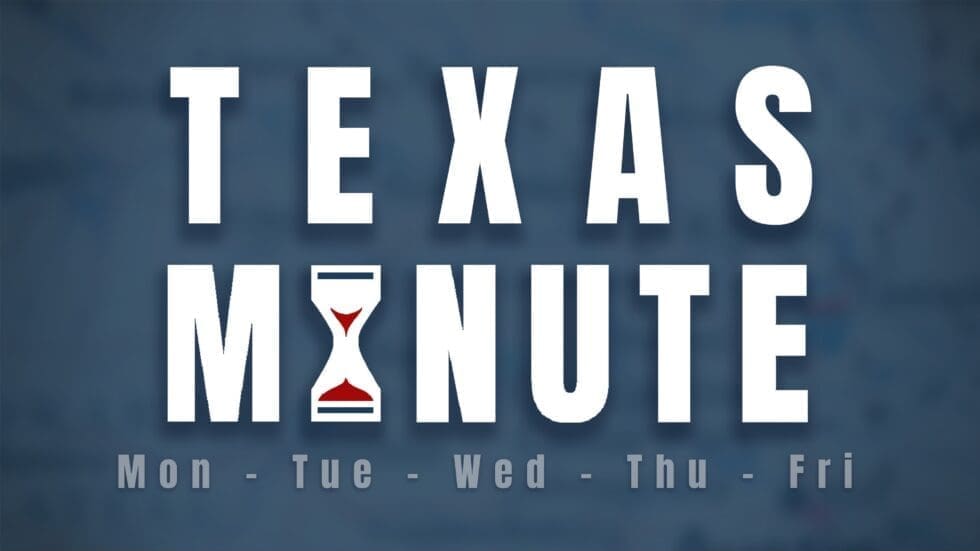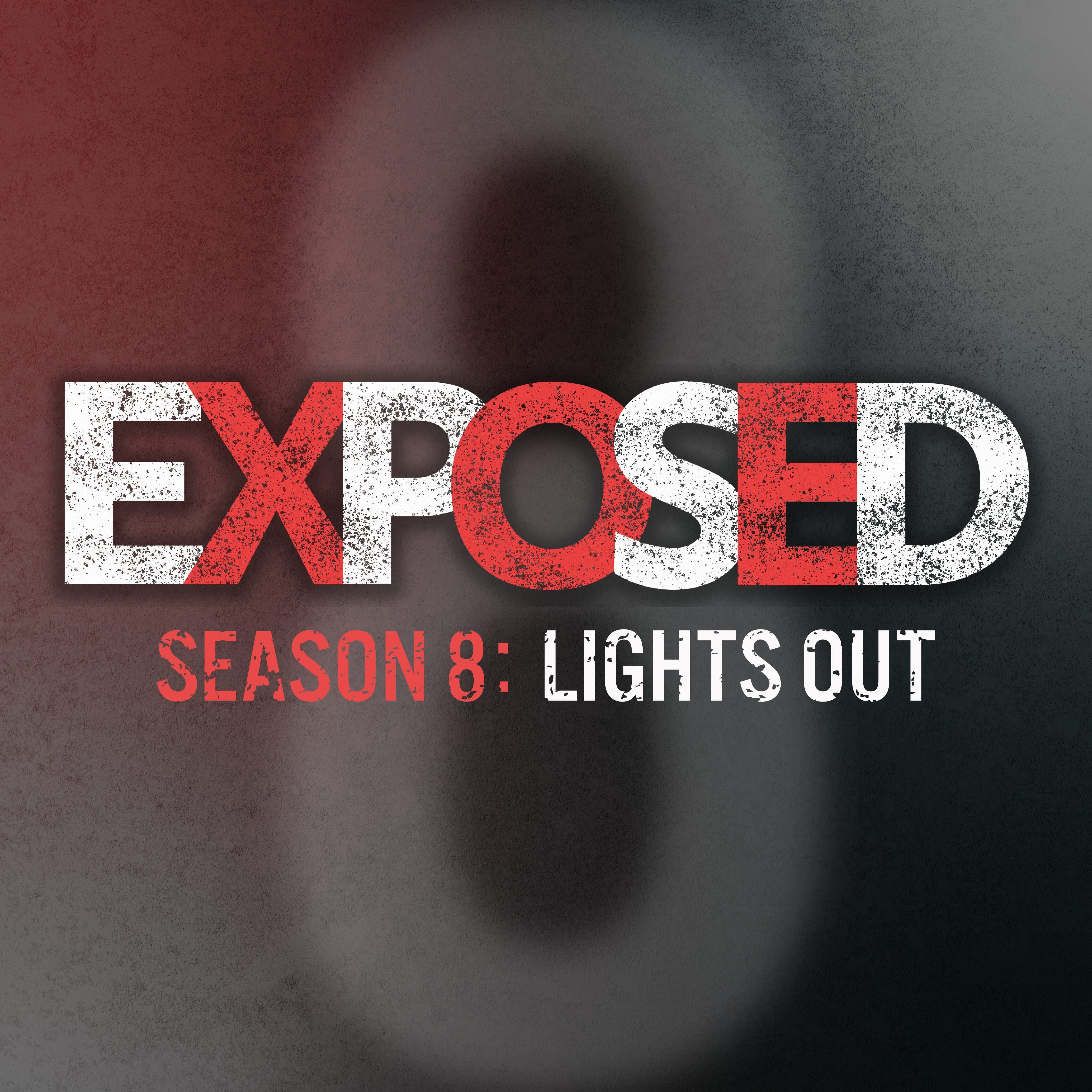Property tax reform, while a wildly popular issue among Texans, has been largely dismissed by a Republican-led legislature. While much needed attention has finally been paid towards reducing the onerous business franchise tax, too little consideration has been given towards reducing the growth of property tax burdens on business.
The property tax package advanced by Senate conservatives and supported by Lt. Gov. Dan Patrick and Gov. Greg Abbott ultimately prevailed during the 84th session, although the Straus-appointed budget conferees did their best to weaken the long-term impact of the homestead exemption increase.
Two large problems with Texas’ tax system remain: no structural reforms have been adopted to limit local government growth for the average resident, nor have any categories of property been spared from the tax itself.
Homeowners and commercial businesses aren’t the only Texans burdened by local property taxes. Landlords who own multi-family real estate are also taxed—meaning the cost of property taxes is imbedded in a renter’s monthly payment.
But two, more onerous forms of the tax exist that are far less visible to the average taxpayer: the commercial and industrial personal property tax. Unlike the average voter, business owners do not need to be reminded of this abusive policy.
Commercial and industrial personal property are defined as “…all tangible personal property used by commercial/industrial businesses to produce income, including fixtures, equipment and inventory.” Stated differently, businesses pay a double tax. In addition to the land a business occupies, they pay another tax on the assets the business owns.
That’s somewhat analogous to homeowners paying yearly property taxes on their couch, computer, television, refrigerator and car. Frankly, if you used your pet to generate income, that’d be taxed too.
In addition to the taxes levied on residential land, commercial real-estate, and business-personal property, twelve separate categories of property are subject to taxation, according to a report by the Texas Comptroller of Public Accounts. Many of these account for a frivolous portion of the tax base and could likely be eliminated altogether.
A study conducted by the Tax Foundation shows Texas currently has the 14th most burdensome property tax system.
If public officials are sincere about lowering the cost of government, they’ll explore further limits on the disproportionate growth of local tax burdens. But in addition to limits on growing tax burdens, overly burdensome shackles such as the business and industrial personal property taxes should be phased out altogether.




